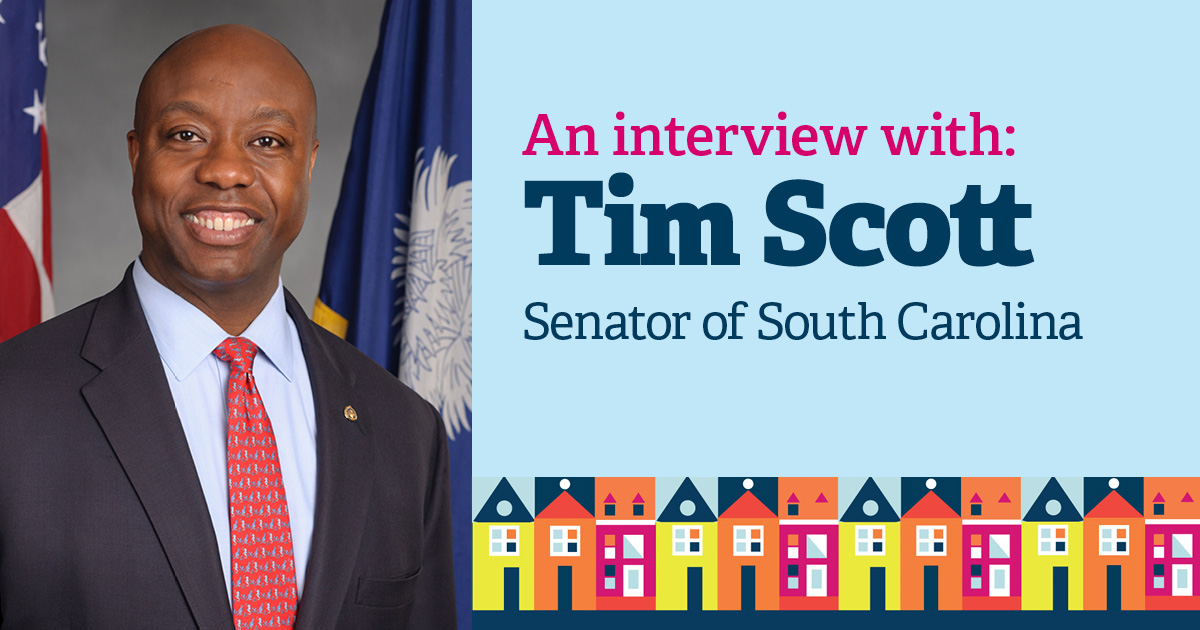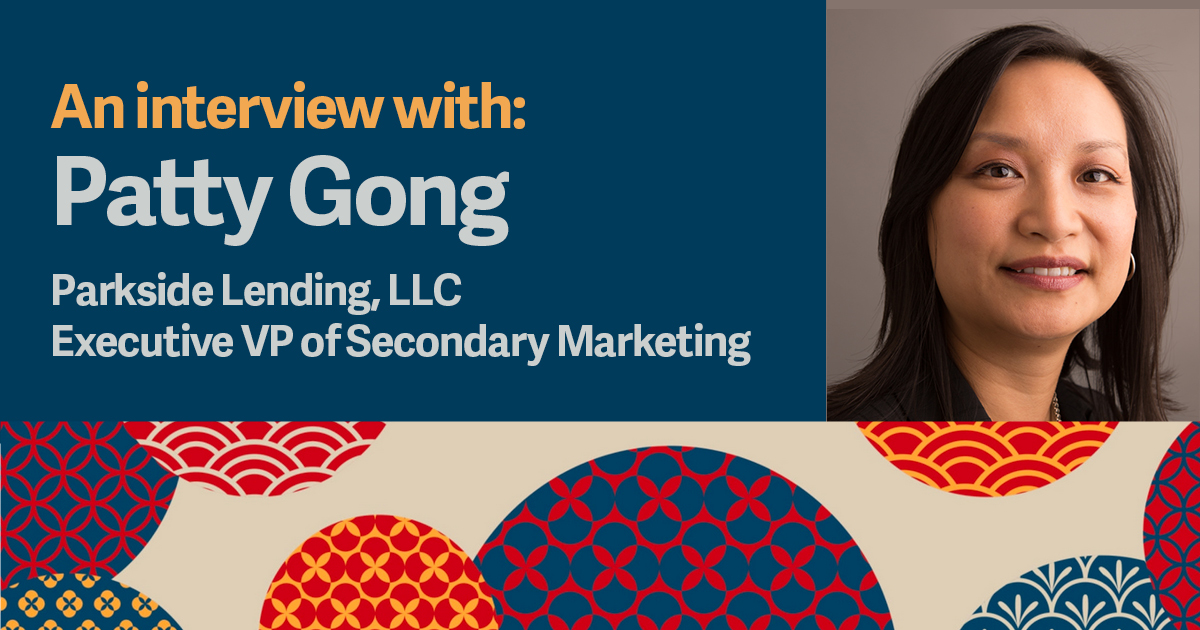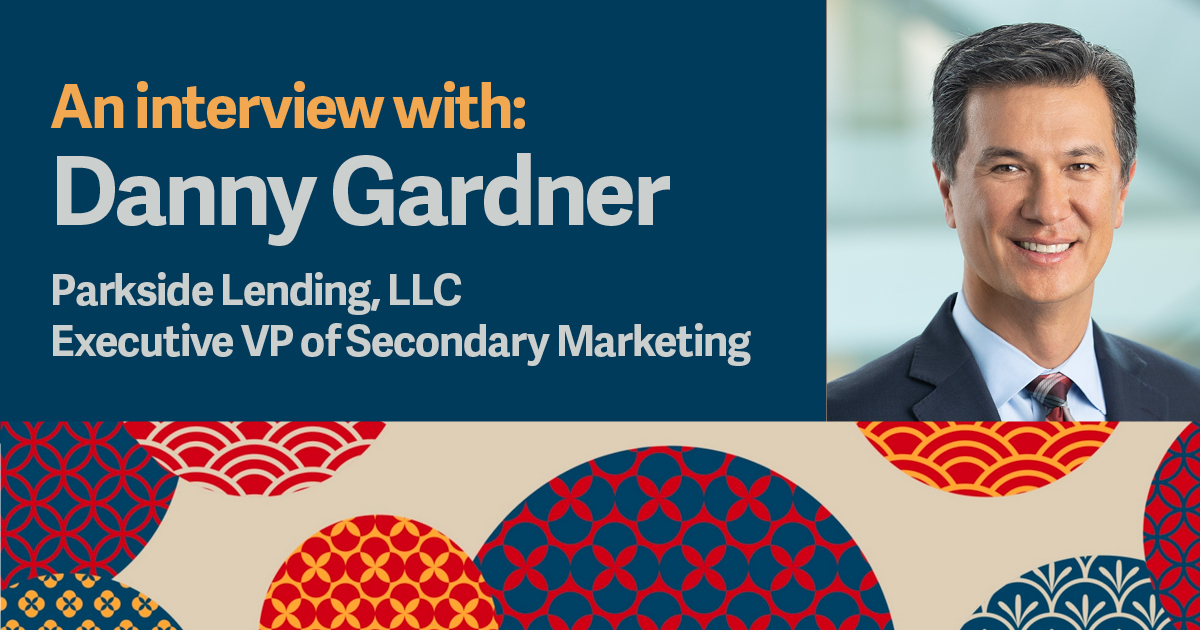
In honor of Black History Month, we reached out to several prominent black leaders in the housing and mortgage industry to celebrate their success, learn from their experience and gain insight into the challenges facing the mortgage industry. Today, we’re honored to share our interview with Senator Tim Scott, a Republican from South Carolina.
Senator Scott opens up about how his humble beginnings and the help of a mentor who showed him the dignity of work led to his life of public service and a dedication to helping others escape poverty. He also shares what he believes is the most important idea we can pass on to the next generation.
Senator, you’ve had an increasing presence on the national stage over the past several years, and while a lot of people know who you are, perhaps they aren’t familiar with your background. Could you share a bit about your life growing up, and what prompted you to enter politics?
Growing up poor and in a single-parent household, I wasn’t raised the same way as many people in Congress. Thankfully, I was immensely blessed with a loving mother who never gave up on me, a mentor who in my teens recognized my entrepreneurial spirit, and, most importantly, a faith that guided my work. We lived with my grandparents in an old, cramped shack-style home off a dirt road in North Charleston, South Carolina, where Frances Scott, my mother, worked double shifts as a nurse’s assistant to put food on the table. Her grit and determination, matched with the guidance of my closest mentor John Moniz, showed me the dignity of work and led me to a life of public service.
Scripture reminds us that to whom much is given, much is required—and I have been immensely blessed in my life. But too many communities are being left behind. I entered politics to help people like me, and I always have that kid growing up in poverty at the top of my mind.
African American voters heavily skew Democratic. What was it that drew you to the Republican Party, and what advice would you give GOP leadership in terms to better connecting with African Americans?
I want to make sure that every person willing and able to climb out of poverty is given the chance to make it out, because that’s my story. I could have been just another statistic, but there were people in my life who saw my worth and wanted to ensure that I could succeed in life by sharing with me a path for the future—that I could better myself and my community. I believe that the hopeful and optimistic message of freedom and dignity for each person is not only what the party of Abraham Lincoln was founded on, but remains a central tenet of our political philosophy today.
And in the past four years, Republicans have worked to solidify real world wins for Black America. We’ve passed historic and permanent funding for our historically Black colleges and universities, created a pre-pandemic economy that saw nearly every minority group at record low unemployment, funded research for sickle cell anemia, and brought thousands of people out of poverty through my Opportunity Zone initiative. Republicans have a good story to tell and my job is to build off that strong foundation and share the good news.
Your committee assignments are heavily focused on issues of banking, finance, economic growth, taxation, retirement and employment – obviously this is a by-product of your own experience in financial services and owning an insurance agency. What was it about insurance that caught your attention?
There is a difference between being wealthy and creating wealth. As a small business owner and an insurance agent, I was able to not only earn a living, but create a living for others to reach their full potential. My employees became family to me, and our business was so important for the community. Being able to empower people in my community to protect their assets, their family, and their future while being there for them in difficult times allowed me to share my personal story. My time in the insurance industry shaped who I am and the policies I fight for every day in the United States Senate.
Thinking back to the process of becoming an insurance agent, as well as the customers you’ve served, how is our educational system doing in terms of making sure people are well informed regarding managing their own financial situation? What do you think needs to be done to improve financial literacy?
I truly believe that financial literacy is one of the most important ideas we can pass down to our children and next generation. Children today aren’t learning the true meaning of earning a dollar, writing a check, or balancing a budget—and it shows. We live in an America where there is a deep divide between many of our working class who live in distressed communities and the rest of the country. Financial literacy is one of the bridges to closing these gaps and encouraging economic prosperity in all of our communities, which is why every Congress, I introduce my bipartisan resolution on Financial Literacy Month.
Over the last decade, the internet and technology have lowered barriers to access resources and information related to financial well-being for consumers of all ages and income levels. Financial literacy tools have become increasingly democratized and consumers are more empowered than ever to seek out knowledge and services to improve their financial health.
The opinions and insights expressed in this Q&A are solely those of its interviewee, Tim Scott, and do not necessarily represent the views of either Mortgage Guaranty Insurance Corporation or any of its parent, affiliates, or subsidiaries (collectively, “MGIC”). Neither MGIC nor any of its officers, directors, employees or agents makes any representations or warranties of any kind regarding the soundness, reliability, accuracy or completeness of any opinion, insight, recommendation, data, or other information contained in this blog, or its suitability for any intended purpose.



